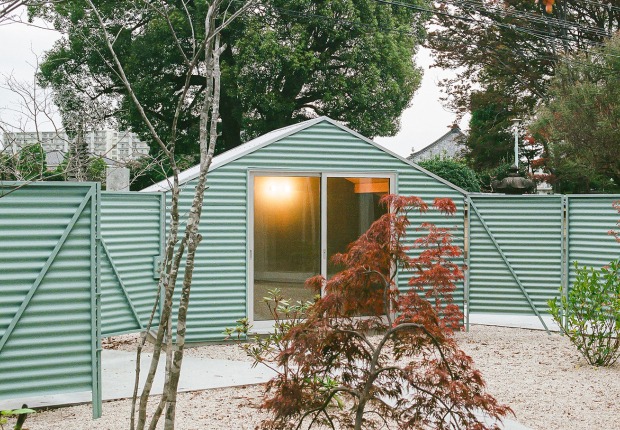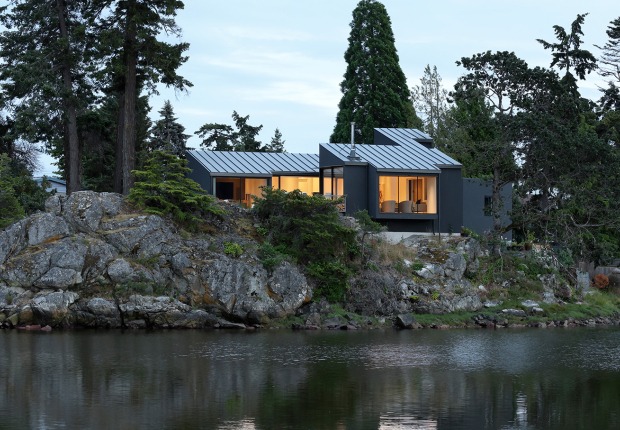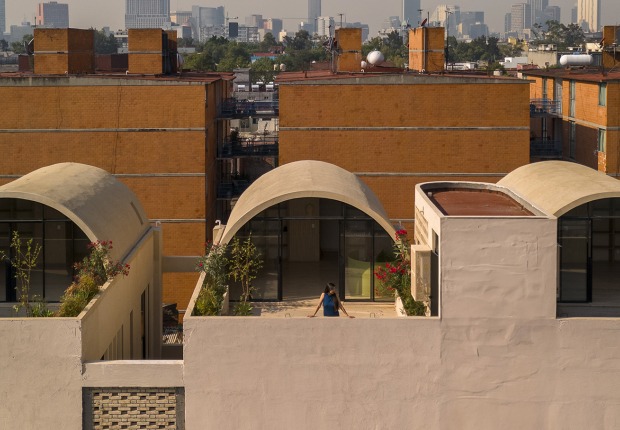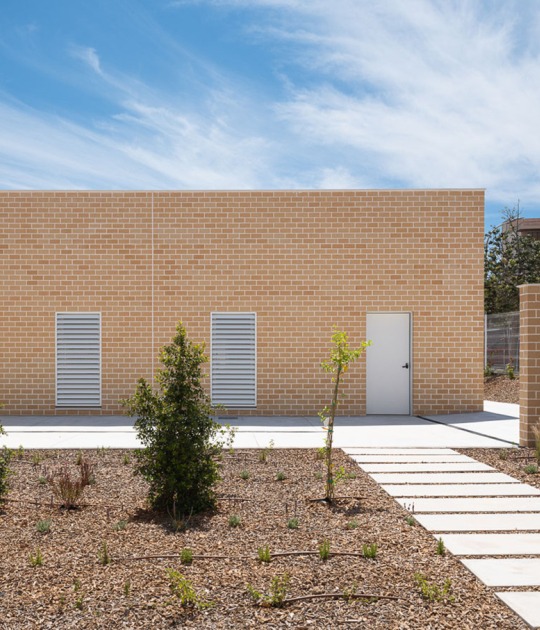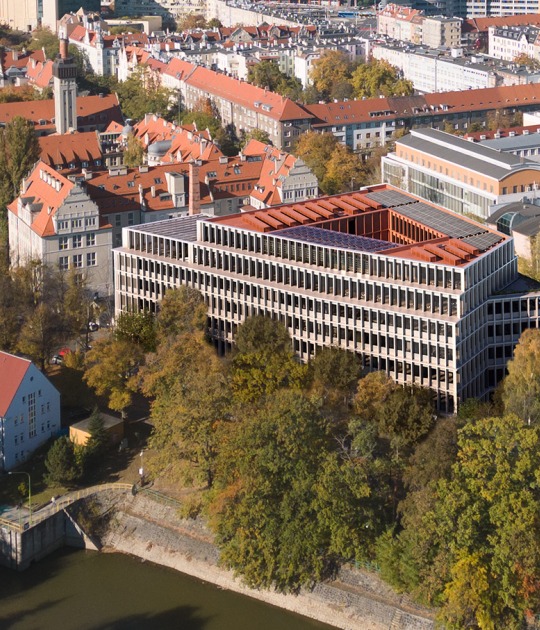The work comes to remedy an existing need in the region, both for patients and for the professionals who work there, replacing the original structure that used to present overcrowding problems and difficulties related to its habitability and comfort conditions.
In relation to the latter, Herz's design tries to dialogue with the situation of the place where it is implanted, incorporating community spatial instances that create, on the one hand, social interactions between visiting families, and on the other, serve as excuses to create spaces ventilation and lungs for the building. To this are added other passive solutions that mean that the building does not require mechanical conditioning.
Description of project by Manuel Herz Architects
Background
The Tambacounda Maternity and Paediatric hospital builds upon 15 years of extraordinary work in rural eastern Senegal by the Albers Foundation and Le Korsa. Echoing Josef and Anni Albers’ shared ethos and belief in the use of ‘minimal means for maximum effect’, this project goes far beyond a single architectural structure, embedding itself within the local community, economy and landscape.
It was in this spirit that in 2005 Nicholas Fox Weber, the Director of the Foundation, established Le Korsa to encompass the philanthropic initiatives of the Foundation in the region. Since then the Foundation and Le Korsa have provided support to rural Senegalese communities across the fields of culture, education and health. In 2015 they launched THREAD, a cultural centre for local inhabitants of the rural village of Sinthian designed pro bono by architecture firm Toshiko Mori, which since its establishment has fostered cultural exchange between local communities and international residents. In the field of education, the Foundation and Le Korsa last year constructed an elementary school in the village of Fass, designed once again by Toshiko Mori, the first school in a region of over 110 villages to provide secular education alongside traditional Quranic teaching. Both structures share subtle yet evocative references to Josef and Anni’s practices and Bauhaus aesthetics, such as the beautiful woven rooves reminiscent of Anni’s textiles and the geometric patterns on walls and doors recalling Josef and Anni’s prints.
The Hospital
In the field of health, the Tambacounda Hospital - the only major hospital in the region - is a vital resource servicing around 20,000 patients per year from the surrounding area, stretching across the border into Mali. The doctors had previously been working under extremely difficult conditions; with the original design leaving the communal spaces severely overcrowded. The design of the new Maternity and Paediatric Hospital brings a sense of coherence and greatly improves the comfort of patients and their visiting families. Herz’s structure comprises a two-storey building in a curvilinear form which brings two clinics – paediatrics and maternity – together under the same roof and offers approximately 150 hospital beds. The extensive length of the building allows for the smooth circulation of staff and patients and accommodates multiple communal spaces both between the rooms and in the courtyards formed by the bends of the S-curve, turning it into the truly social spine of the hospital.
Manuel Herz’s Design
Herz’s design includes several passive climate design innovations to combat the challenges posed by the extremities of the local weather, and to help forgo the need for air conditioning. The building is characterised by a narrow width of only seven metres, a feature which allows for all the rooms to be aired and cooled naturally through cross ventilation. In addition, his mashrabiya-inspired use of lattice-like brickwork with apertures has the advantages of blocking sun and facilitating air circulation, whilst also giving the hospital its distinctive recurrent visual motif and its beautiful play of light and shade. A second roof covers the primary roof of the extension, repelling most of the direct sunlight and creating a chimney effect which draws the heat upwards and out of the rooms below .
A Collaborative Project
Herz has collaborated at all stages with local leader Dr. Magueye Ba and depended upon the expertise of the community, working almost exclusively with craftsmen and engineers from Tambacounda and the surrounding villages, and thereby helping to provide employment and support for the rural economy. The holistic nature of the project has helped generate further infrastructure for the area beyond the hospital; a test façade created at an early stage by Herz and Ba to examine how the bricks functioned in the climate was subsequently expanded to build a small new school for the neighbouring children. In addition Herz and his wife have designed a playground, the first-ever built in the city of Tambacounda. A sensitivity to the local landscape has also been a key facet of this multi-dimensional project, with Herz’s design endeavouring to create as little disruption as possible to the local trees. Following the completion of the Maternity and Paediatric Hospital, Herz will build staff quarters to help attract more doctors from the city, in a design inspired by a print by Anni Albers.



















